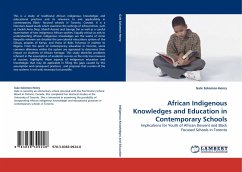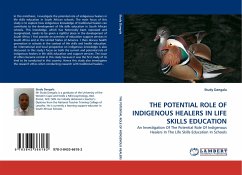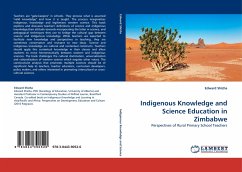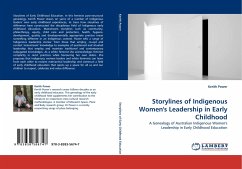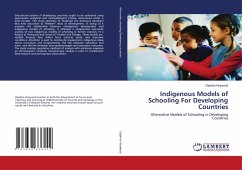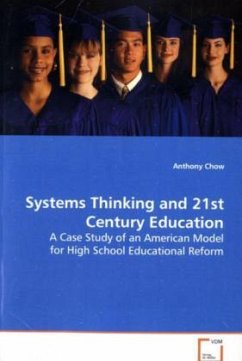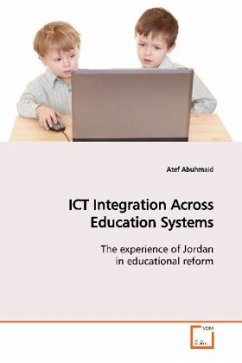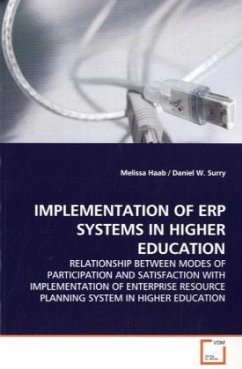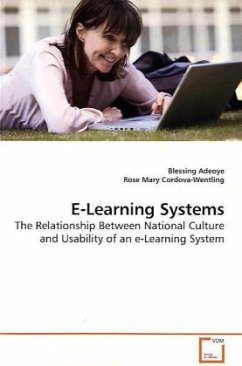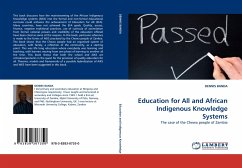
Education for All and African Indigenous Knowledge Systems
The case of the Chewa people of Zambia
Versandkostenfrei!
Versandfertig in 6-10 Tagen
52,99 €
inkl. MwSt.

PAYBACK Punkte
26 °P sammeln!
This book discusses how the mainstreaming of the African Indigenous Knowledge systems (AIKS) into the formal and non-formal educational curricula could enhance the achievement of Education for All (EFA). Many countries, have not achieved the EFA goals. Quality, access, finance, negative traditional practices, use of curricula of assimilation from former colonial powers and credibility of the education offered have been cited as some of the reasons. In this book, particular reference is made to the forms of AIKS practised by the Chewa people of Zambia. The book shows that the Chewa people had a...
This book discusses how the mainstreaming of the African Indigenous Knowledge systems (AIKS) into the formal and non-formal educational curricula could enhance the achievement of Education for All (EFA). Many countries, have not achieved the EFA goals. Quality, access, finance, negative traditional practices, use of curricula of assimilation from former colonial powers and credibility of the education offered have been cited as some of the reasons. In this book, particular reference is made to the forms of AIKS practised by the Chewa people of Zambia. The book shows that the Chewa people had an organised system of education, with family, a reflection of the community, as a starting point. This was life long education where everybody was learning and teaching, with learners moving from one phase of learning to another all the time. This book shows that both the school and AIKS are criticalcomponents in the quest for the provision of quality education for all. Theories, models and frameworks of a possible hybridization of AIKS and WKS have been suggested in this book.



